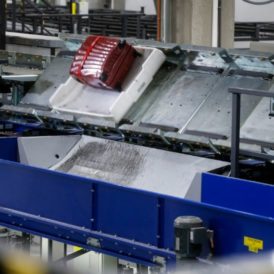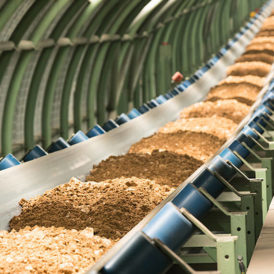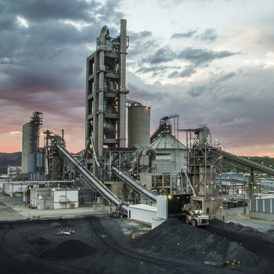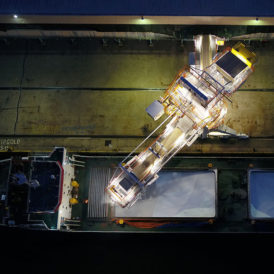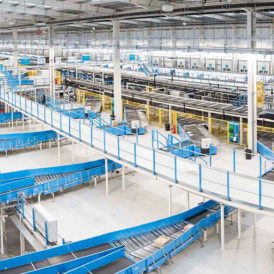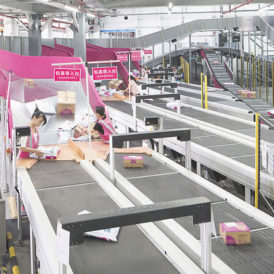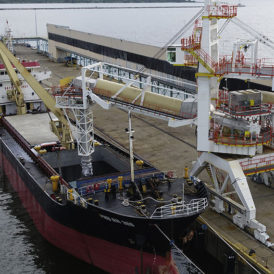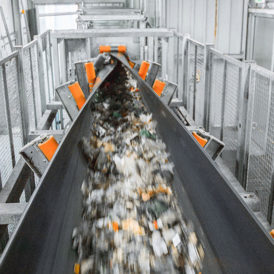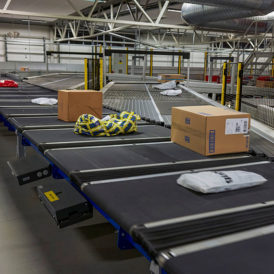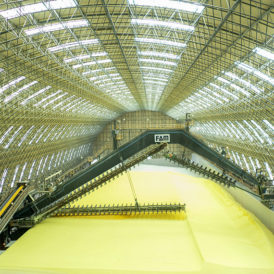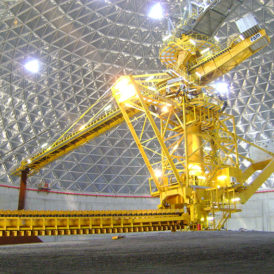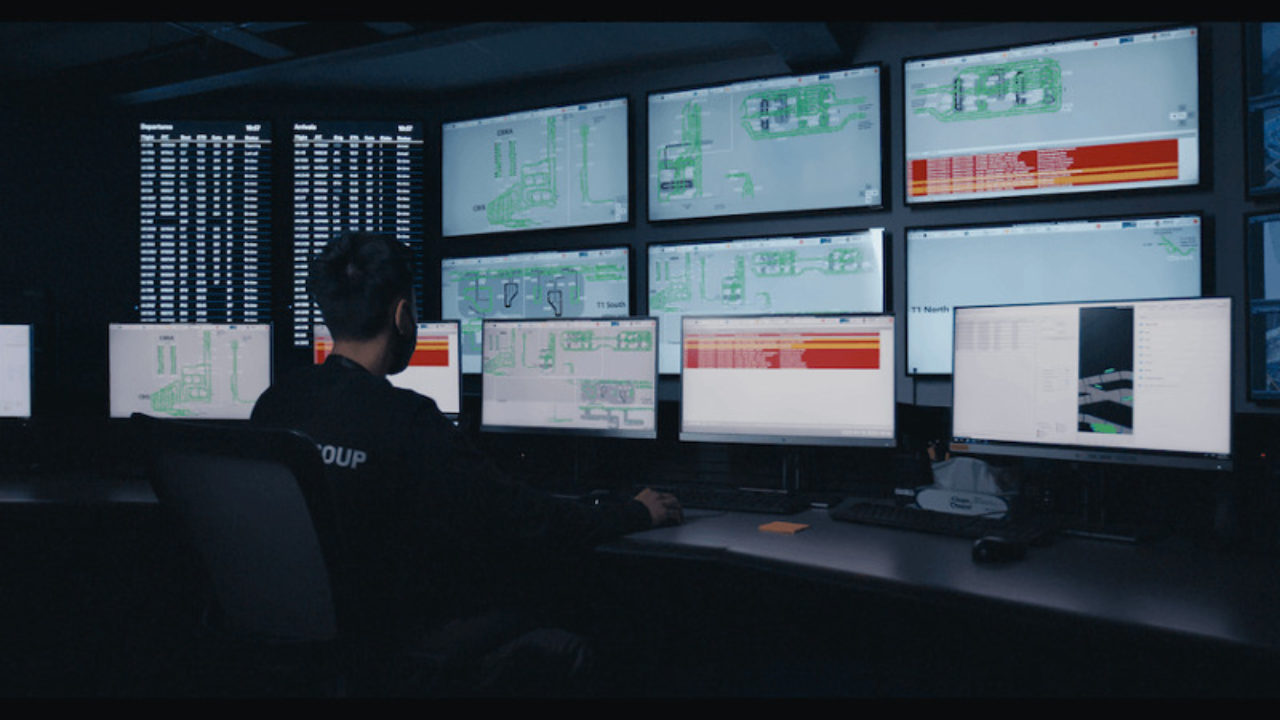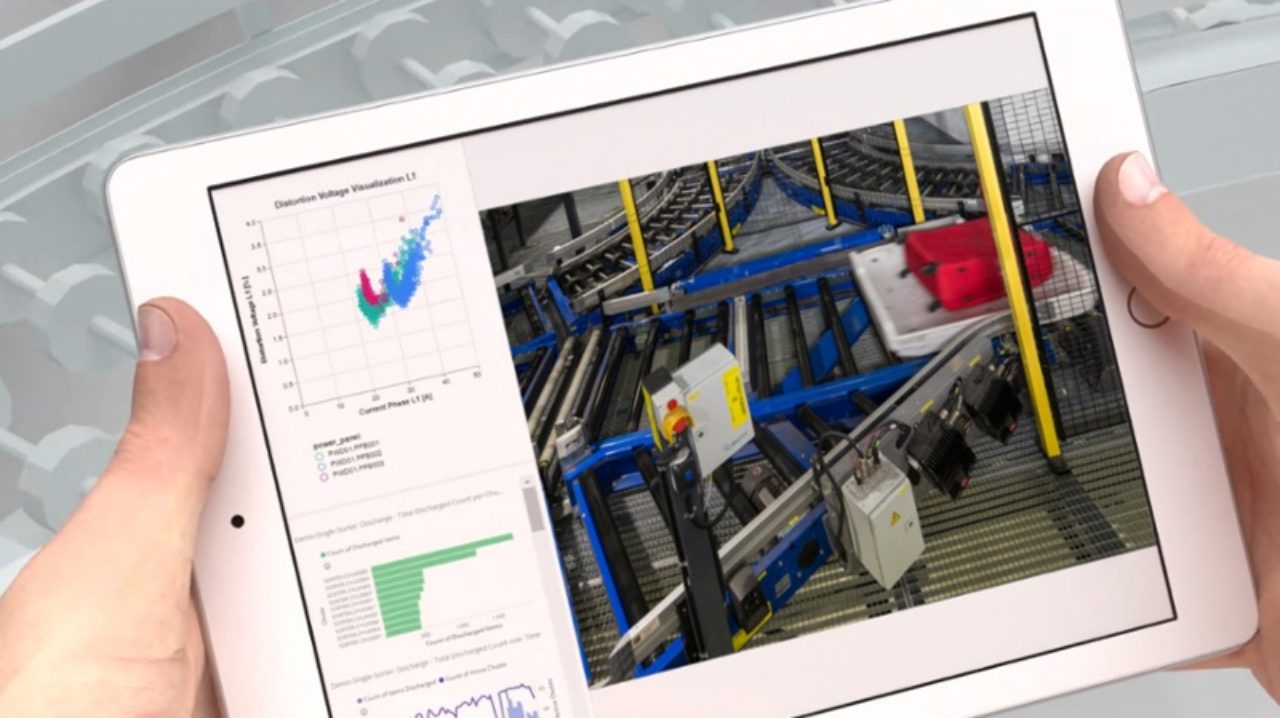By BEUMER Group
Intelligent automation is automation that, with the help of data analytics, can take over more advanced airport tasks.
The acute labour shortage is perhaps the biggest challenge for airports and the entire business community. Unfortunately, many have bought into the myth that any type of automation will costs jobs, and losing more people is something no one wants to think about at this moment.
Your ‘new blood’ is already in the building
In reality, airports need to address the current crisis, and be prepared to react to future disturbances in operations. As such, data driven technologies are now essential to airport operations. Intelligent automation actually frees up staff for more relevant and creative tasks, resulting in a better use of valuable human resources.
Airports desperately need more talented people. If that ‘new blood’ can be found internally by automating some processes and freeing up already available personnel, that is a win for everyone concerned. And when an employee finds a new job more rewarding, that is another plus.
Employees that may have been considering looking elsewhere to get away from a monotonous task may well be inspired to stay by taking on a more challenging position. An increased rate of employee satisfaction can lead to better employee retention, and help you to develop a better workplace culture.
When staff is forced to do the same mundane tasks over and over, there will always be the chance of human error. These errors can be incredibly harmful. They account for roughly 82 percent of production errors and 50–70 percent of failures in electronic equipment, according to a report from Thoughtful Automation.
